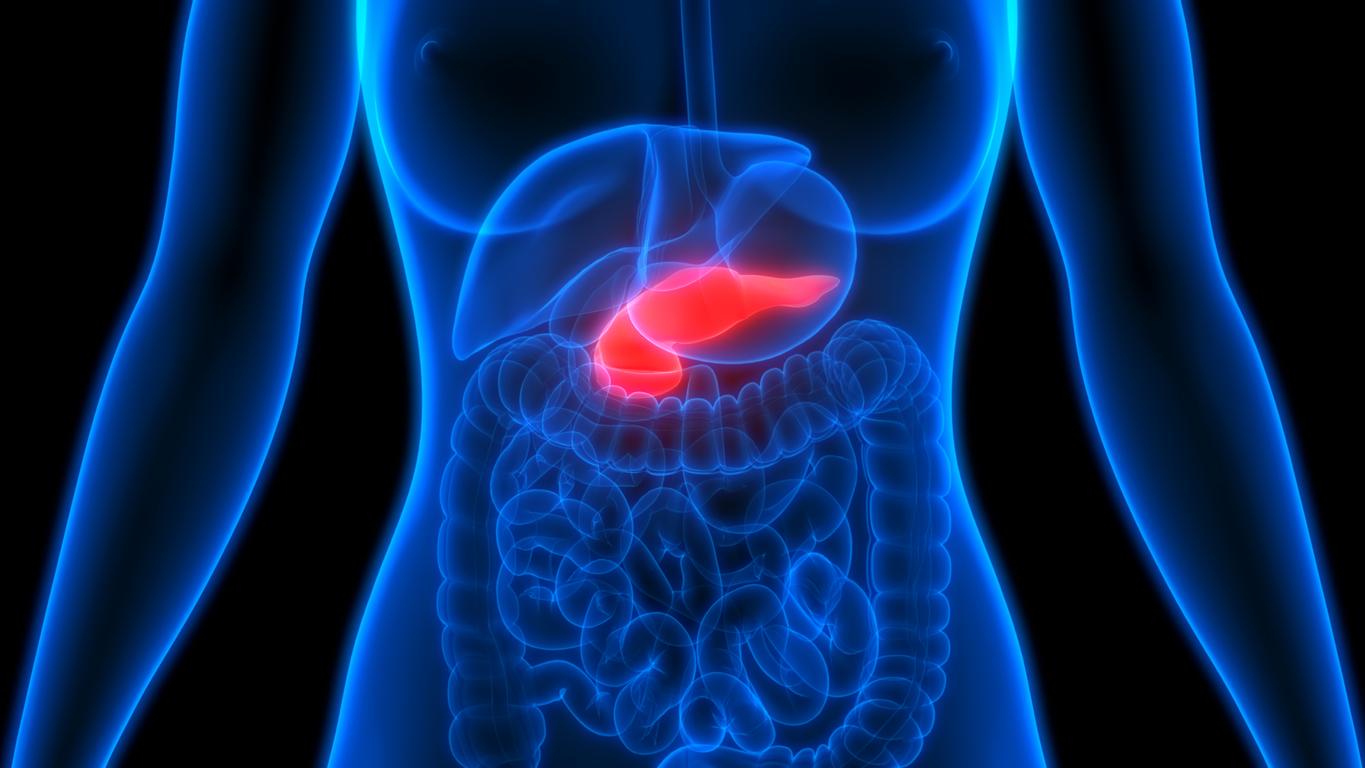A Thai study evaluated the effectiveness of turmeric, compared to omeprazole, in treating stomach upset.

- Turmeric is a spice that could relieve pain related to indigestion, according to a recent study.
- Omeprazole is a drug treatment commonly prescribed for stomach upset.
- According to researchers, turmeric could be used in the same way as omeprazole for the treatment of indigestion.
Turmeric is said to have many well-being properties. Indeed, this spice could relieve digestive problems as well as joint pain. In a study published in the journal British Medical JournalLThai scientists compared curcumin, the naturally active compound in turmeric, and the drug omeprazole, to assess their effectiveness in treating indigestion.
A measure of the effectiveness of curcumin on digestive disorders
Nearly 206 patients aged 18 to 70 suffering from stomach ailments participated in the study. They were recruited from Thai hospitals between 2019 and 2021. They were divided into three groups:
- the first group received two 250 mg curcumin capsules four times and one dummy capsule per day;
- the second group received omeprazole in the form of one small 20 mg capsule per day and two dummy capsules four times per day;
- the last group received a combination treatment of turmeric and omeprazole.

Stomach aches: turmeric would reduce pain
Patient intake scores were assessed with the Severity of Dyspepsia Assessment score (SODA) at the start of the trial, then 28 days and 56 days after the start of treatment.
Based on SODA scores, significant reductions in symptom severity at day 28 for pain and other related signs (heartburn, feeling of excessive fullness, etc.) to indigestion were identified in all three groups. These improvements were even more marked after 56 days of treatment.
In the eyes of researchers, “this multicenter randomized controlled trial provides very reliable evidence for the treatment of stomach upset” And ““The new results of our study may justify the use of curcumin in clinical practice.”
However, this study has many limitations, particularly regarding the short intervention period and the lack of long-term follow-up data. Additional research is therefore needed to confirm the results.















